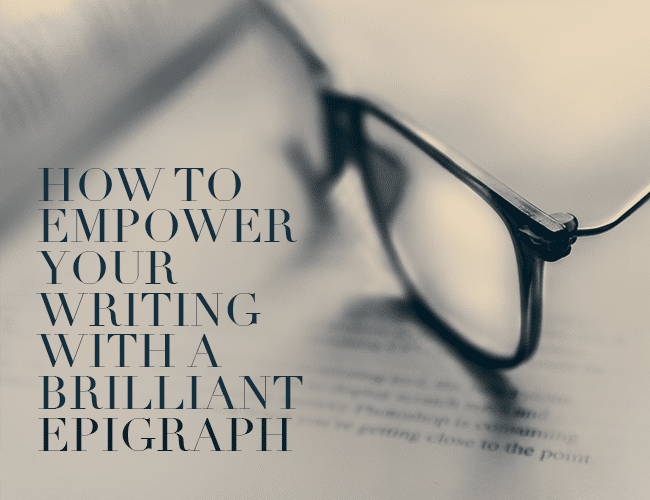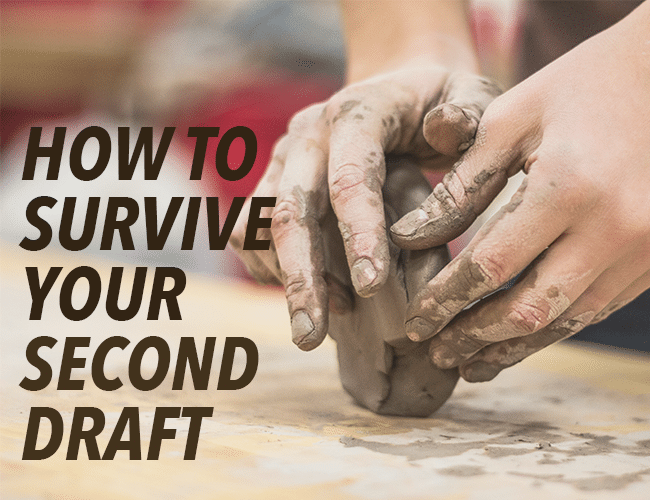Have you ever used a word for years — like, maybe during your thesis defense or in a high-profile report for work — then realized one day that you had it totally wrong? That big word you thought was making you look so erudite was, in fact, working against you. Turns out, coif is not the same as coiffure, and you never even realized it.
No one is immune from this, neither journalists nor poets, essayists nor novelists. The problem often stems from our natural inclination as writers to grab hold of an exciting new word and just run with it. Not only do we end up using words just plain wrong, our enthusiasm leads to overuse as well.
By slowing down just a little bit, recognizing common pitfalls, and inserting some deliberate practice into your vocabulary usage, you can turn this trend around.












